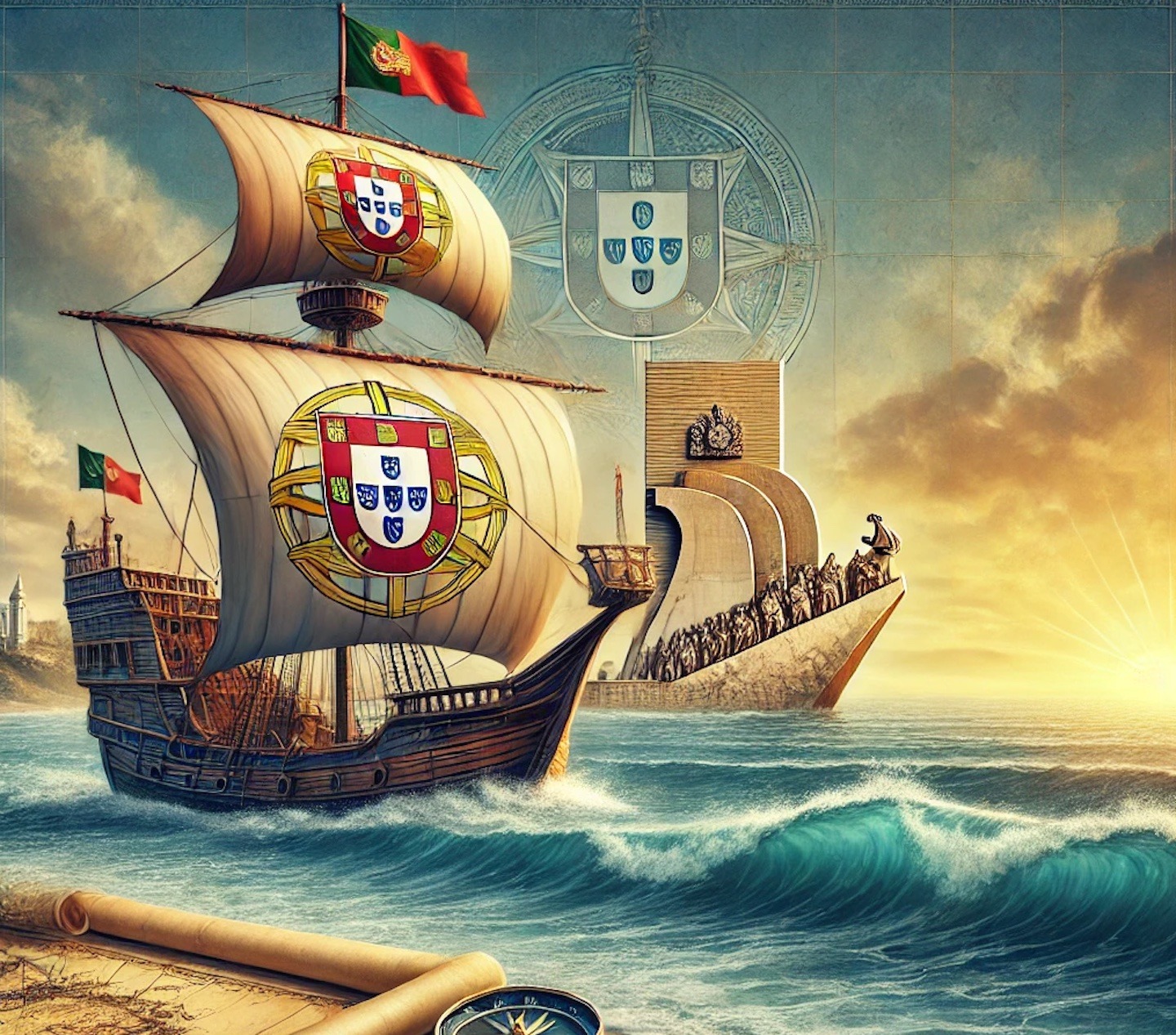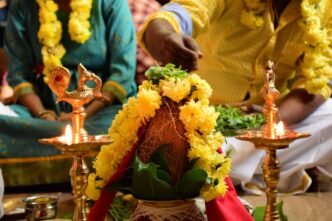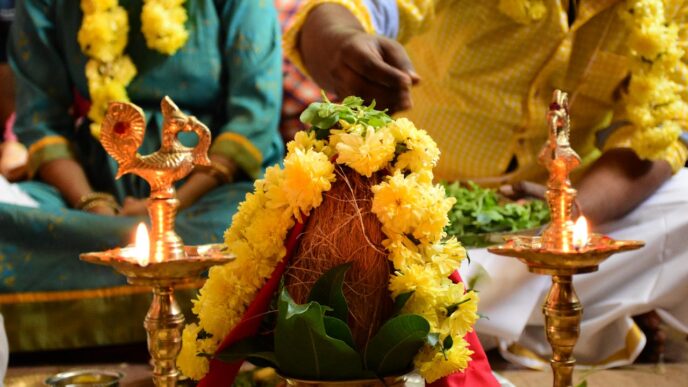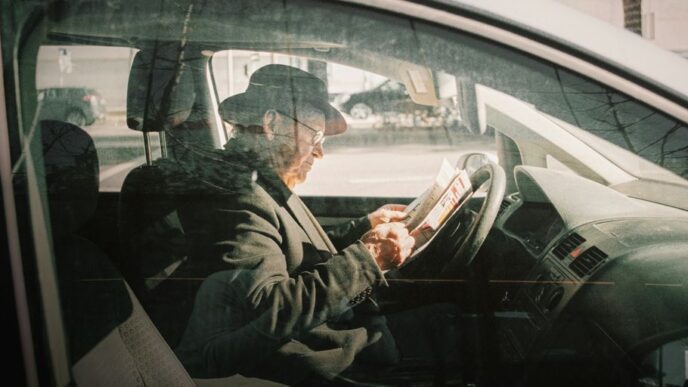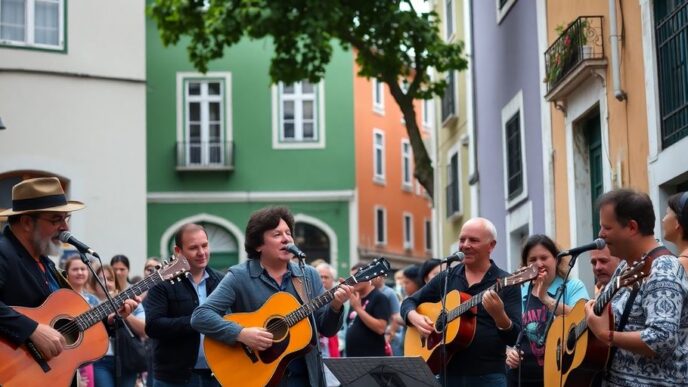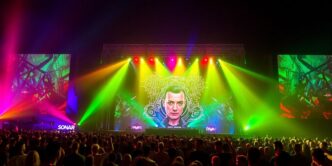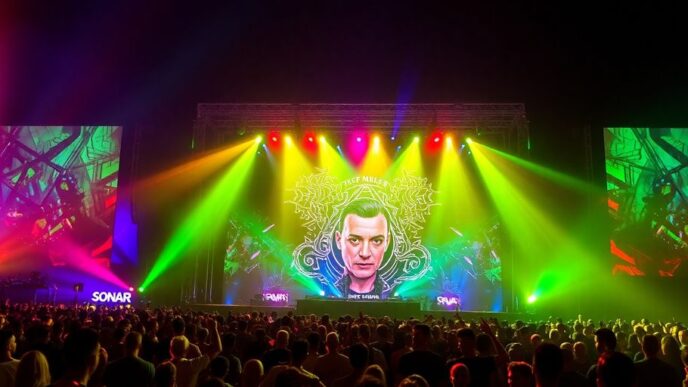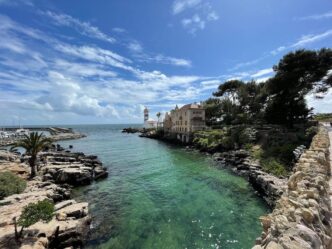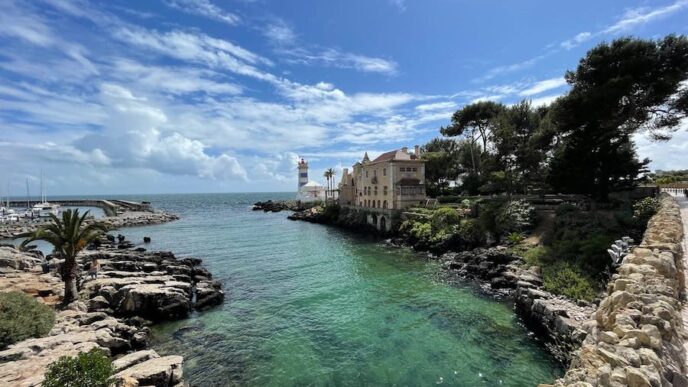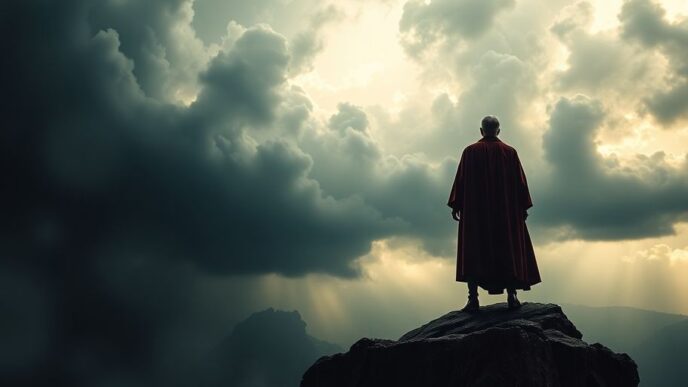The Age of Discovery, or Era dos Descobrimentos, stands as one of the most important chapters in Portuguese history. It was a period during the 15th and 16th centuries when Portuguese explorers set sail across the world’s oceans, expanding knowledge, mapping uncharted territories, and establishing a vast maritime empire. This period not only transformed Portugal into a global power but also significantly impacted the world.
The Beginning of Exploration
The Portuguese Age of Discovery was largely initiated by Prince Henry the Navigator, a central figure in the early days of exploration. Born in 1394, Henry was captivated by the idea of expanding Portuguese influence beyond Europe. He established a school of navigation in Sagres, in the Algarve region, where he gathered the best minds in cartography, astronomy, and shipbuilding. This school was instrumental in developing the caravel, a revolutionary ship design that allowed explorers to navigate the treacherous waters of the Atlantic and beyond.
Voyages that Changed the World
1. Bartolomeu Dias and the Cape of Good Hope
One of the landmark voyages of the Portuguese Age of Discovery was that of Bartolomeu Dias. In 1488, Dias sailed around the southern tip of Africa, reaching the Cape of Good Hope. This discovery opened a new sea route to the Indian Ocean, enabling Portugal to pursue its quest to find a direct maritime path to Asia’s lucrative spice markets.
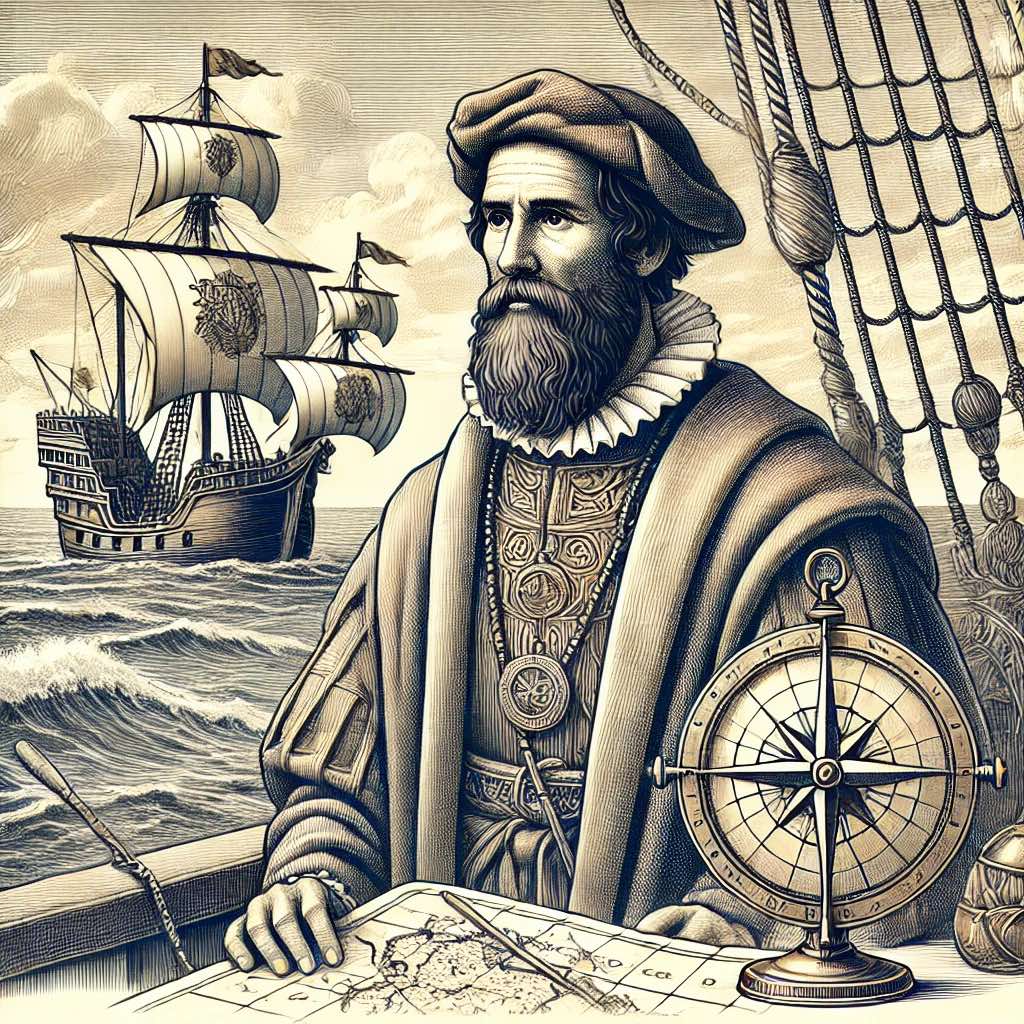
2. Vasco da Gama and the Route to India
Building upon Dias’ achievements, Vasco da Gama became the first European to reach India by sea in 1498. His journey marked a turning point, establishing a direct trade route with the subcontinent and allowing Portugal to dominate the spice trade. The wealth generated from this commerce made Lisbon one of the most prosperous cities in Europe, transforming it into a global trading hub.
The Portuguese Empire’s Global Reach
With newfound maritime prowess, Portugal expanded its influence across the globe. From the coastlines of Africa and the islands of the Atlantic, such as the Azores and Madeira, to the vast territories of Brazil and the rich trading posts in Goa, Macau, and Malacca, the Portuguese Empire stretched far and wide. The fortresses, trading posts, and colonies established during this period laid the foundations for modern global trade networks.
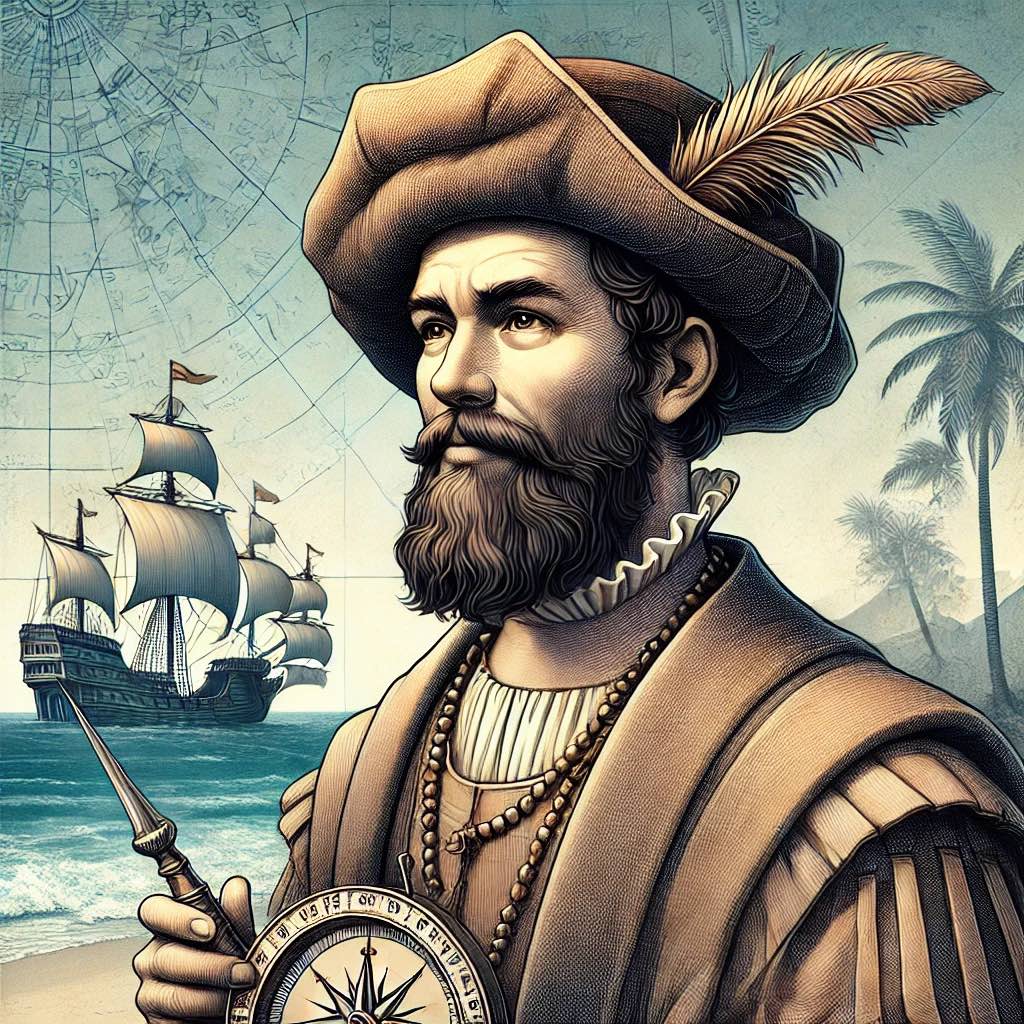
Portuguese explorers were not only navigators but also skilled negotiators, establishing alliances with local rulers and founding commercial centers that facilitated the exchange of goods such as spices, gold, and silks. This web of trade routes transformed Portugal into one of the world’s first true global empires.
Legacy and Cultural Impact
The Age of Discovery left a lasting legacy, not only for Portugal but also for the world. The spread of Portuguese culture, language, and religion extended from South America to Africa and Asia. The influence of Portuguese architecture, culinary traditions, and language can still be seen today in places like Brazil, Mozambique, Angola, and Goa.
One remarkable aspect of this period was the cultural exchanges that took place. The mixing of different peoples, foods, and traditions created unique cultural blends, evident in the Afro-Portuguese communities in Africa and the Luso-Indian heritage in Goa. The Age of Discovery also marked a period of advancements in cartography and navigation technology, with Portuguese explorers creating some of the most detailed maps of their time.
Challenges and Ethical Considerations
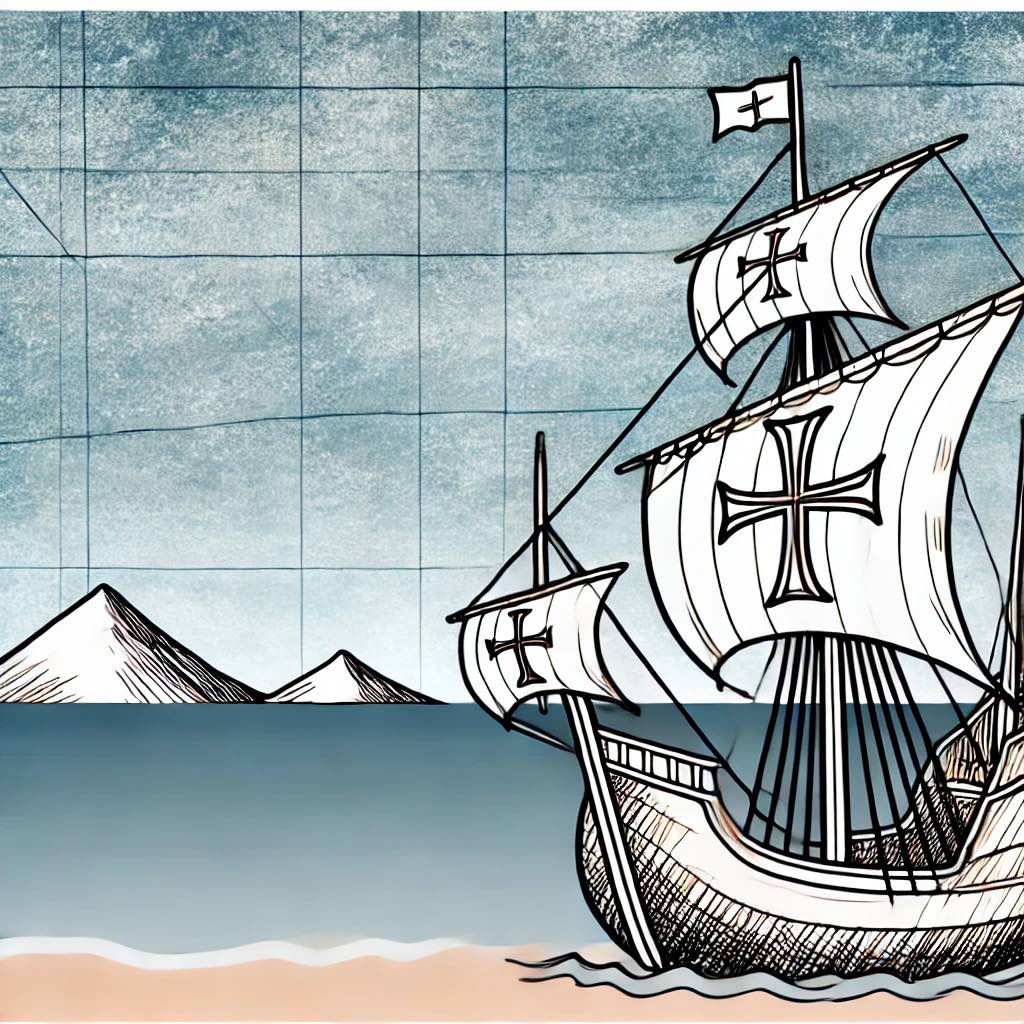
While the Age of Discovery is often celebrated for its achievements, it also had darker aspects. The Portuguese played a key role in the Atlantic slave trade, transporting enslaved Africans to colonies in Brazil and other parts of the New World. This legacy is a painful reminder of the human cost of the expansion of empires and serves as an important aspect of Portugal’s history that continues to be examined and acknowledged.
Modern Reflections
Today, Portugal continues to honor its maritime heritage through museums, monuments, and cultural events. The Monument to the Discoveries in Lisbon, built in 1960, stands as a tribute to the explorers who set sail from its shores. The Maritime Museum in Lisbon’s Belém district houses relics and artifacts from this golden age of exploration, offering a glimpse into the navigational expertise and pioneering spirit that characterized the period.
Conclusion
The Age of Discovery in Portugal was a transformative period that reshaped not only the nation but the world. From the initial explorations led by Prince Henry the Navigator to Vasco da Gama’s groundbreaking voyage to India, Portugal’s sailors and explorers changed the course of history. However, it is important to acknowledge both the achievements and the ethical implications of this era as we continue to explore the rich and complex heritage of Portugal.

